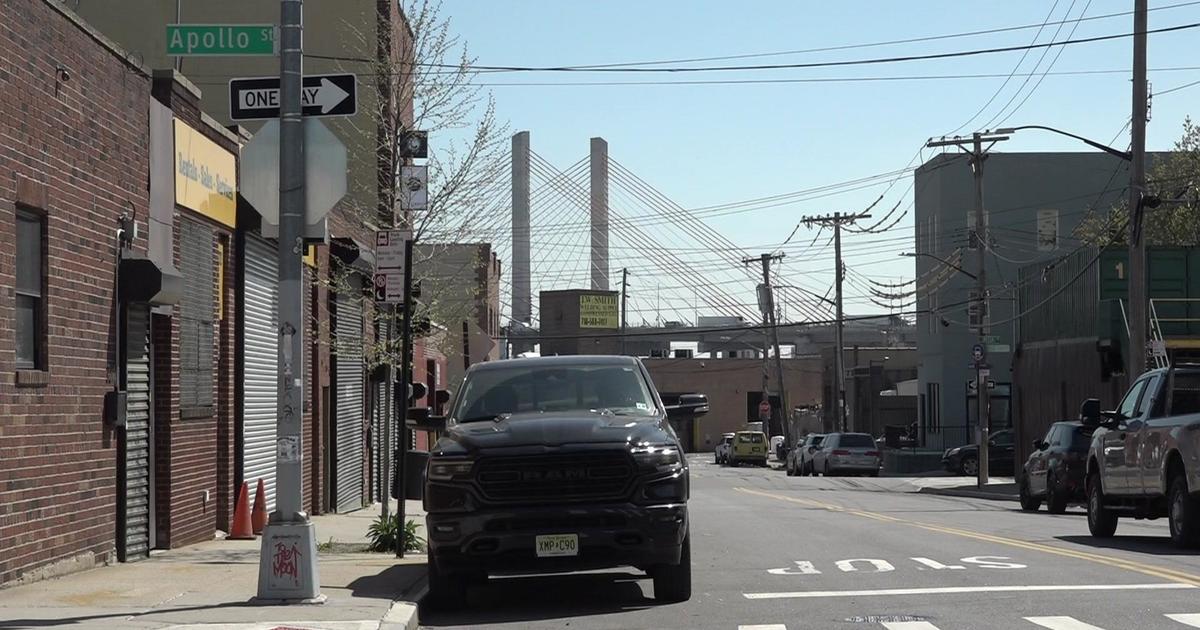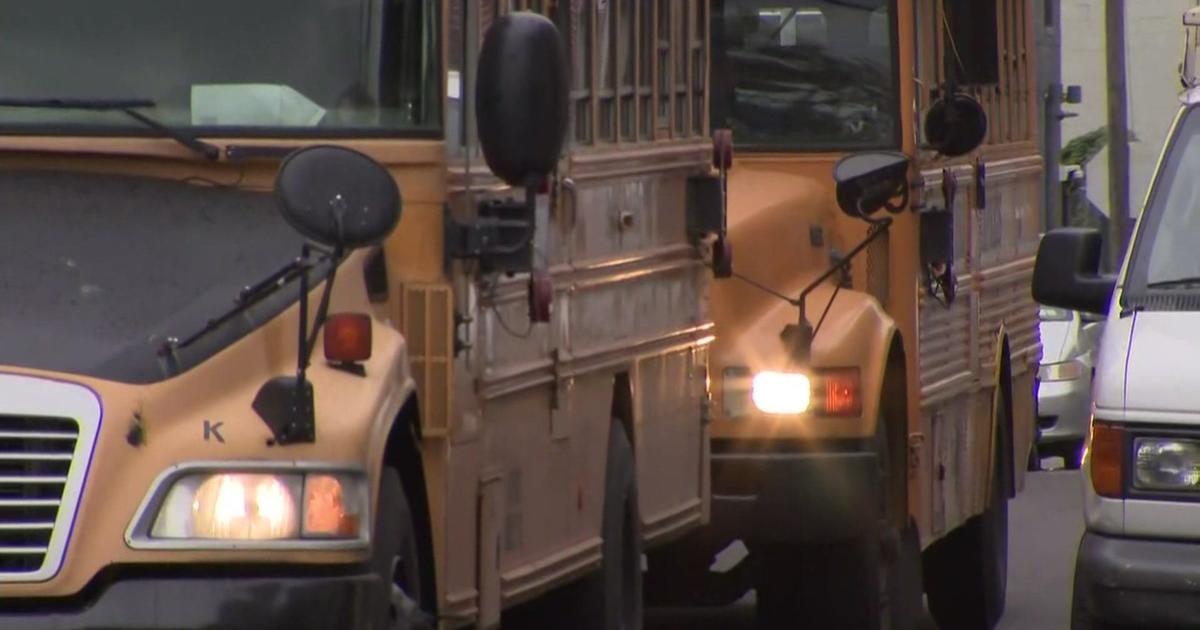Christie Issues Conditional Veto Of Internet Gambling Bill
ATLANTIC CITY, N.J. (CBSNew York/AP) - Gov. Chris Christie vetoed a bill Thursday that would have made New Jersey the third state to legalize gambling over the Internet, but said he'd sign it if it had a 10-year time limit and a higher tax rate on casinos.
This was the second time since 2011 that the Republican governor has vetoed an Internet gambling bill.
But the path Christie laid out toward winning his approval heartened supporters of online gambling, including Atlantic City's 12 casinos, numerous online betting companies and state lawmakers who hope to make the seaside resort a nationwide hub for Internet gambling.
Nevada and Delaware have passed laws legalizing Internet betting, which also is going on offshore, untaxed and unregulated.
In a statement that read more like an endorsement than a veto, Christie said he supports online gambling, with some minor changes, including bumping up the tax rate on casinos' online winnings from 10 percent to 15 percent.
"Now is the time for our state to move forward, again leading the way for the nation, by becoming one of the first states to permit Internet gaming,'' Christie's statement read. "While Atlantic City's reputation and stature as one of the premier resort destinations on the East Coast are well-chronicled, it is no secret that revenue from the region's most important industries, gaming and tourism, has been in decline.
"Since the beginning of my administration, I have stressed the importance of reversing the trend of economic contraction in Atlantic City and have made the revitalization of the region's gaming and tourism industries a key priority,'' Christie said.
State Sen. Raymond Lesniak, a longtime advocate for legalizing online gambling in the Garden State, said he was encouraged by Christie's comments and predicted the changes the governor wants could be quickly accomplished in a new bill.
Internet gambling based in Atlantic City would "pump hundreds of millions of dollars into its ailing revenues, and will prevent the closing of at least one casino and save thousands of jobs,'' Lesniak said. "New Jersey will now have an opportunity to be the Silicon Valley of Internet gaming and reap the huge economic benefits that will flow into the state.''
Lesniak said Christie's conditional veto will become law once the legislature makes the changes Christie has asked for.
"The senate will give final approval to it on March 18 and by the fall, because of time it'll take for the Department of Gaming Enforcement to review the applications, we'll be up and running and attracting more revenue into the city," Lesniak told WCBS 880.
"Increasing taxes from 10 to 15 percent still makes it an attractive investment and a 10-year limit enables investors to get a return on their money," Lesniak told WCBS 880.
The extra money is needed as Atlantic City continues to lose market share, revenue and jobs to casinos in neighboring states. Since 2006, New Jersey's casino revenue has fallen from $5.2 billion to just over $3 billion last year.
Last month, it was announced that New Jersey lost its title as second-largest gambling market. Pennsylvania's growing gaming revenues took over second place, behind Nevada.
Christie vetoed New Jersey's first attempt at Internet gambling in March 2011, citing concerns about its constitutionality and worrying about the proliferation of illegal back-room Internet betting parlors that would be difficult to find and prosecute.
The latest bill tried to address those concerns by providing hefty fines for anyone who runs or even advertises such a back-room betting parlor.
Another of Christie's previous criticisms was that the state constitution mandates that all casino gambling take place in Atlantic City. Supporters elicited testimony from leading legal experts that because the computer servers where the bets would be accepted are in Atlantic City, that would satisfy the constitutional requirement.
The bill would have legalized the online playing, for money, of any game currently offered at Atlantic City's casinos, including poker. It would have taxed Internet gambling revenues at 10 percent, up from the 8 percent that the casinos pay for money won on their premises.
Donald Weinbaum, executive director of the Council On Compulsive Gambling of New Jersey, said the state currently has about 350,000 problem gamblers, a number that would surely grow if the ease of online gambling was offered.
"Gov. Christie has been a vocal advocate for expanding addiction treatment services in New Jersey,'' Weinbaum said. "We are glad that he understands that for many individuals, gambling can be as addictive as drugs and alcohol and the consequences just as devastating.''
Weinbaum said existing treatment and prevention programs for compulsive gambling are woefully underfunded. The bill would have required each Internet gambling licensee to pay $150,000 toward compulsive gambling treatment and prevention programs.
Do you support the legalization of online gambling in New Jersey? Sound off in the comments section below...
(TM and © Copyright 2013 CBS Radio Inc. and its relevant subsidiaries. CBS RADIO and EYE Logo TM and Copyright 2013 CBS Broadcasting Inc. Used under license. All Rights Reserved. This material may not be published, broadcast, rewritten, or redistributed. The Associated Press contributed to this report.)



